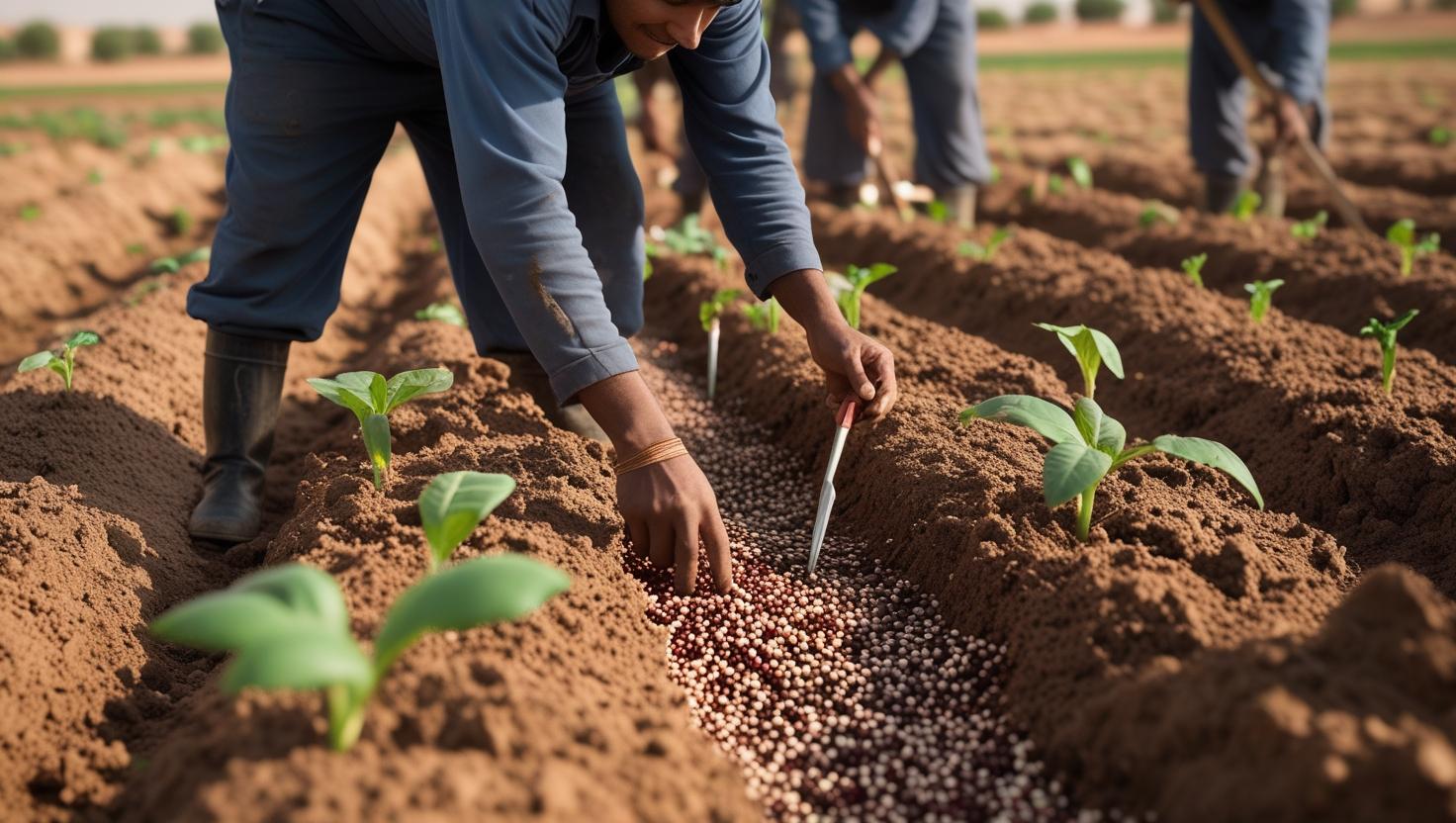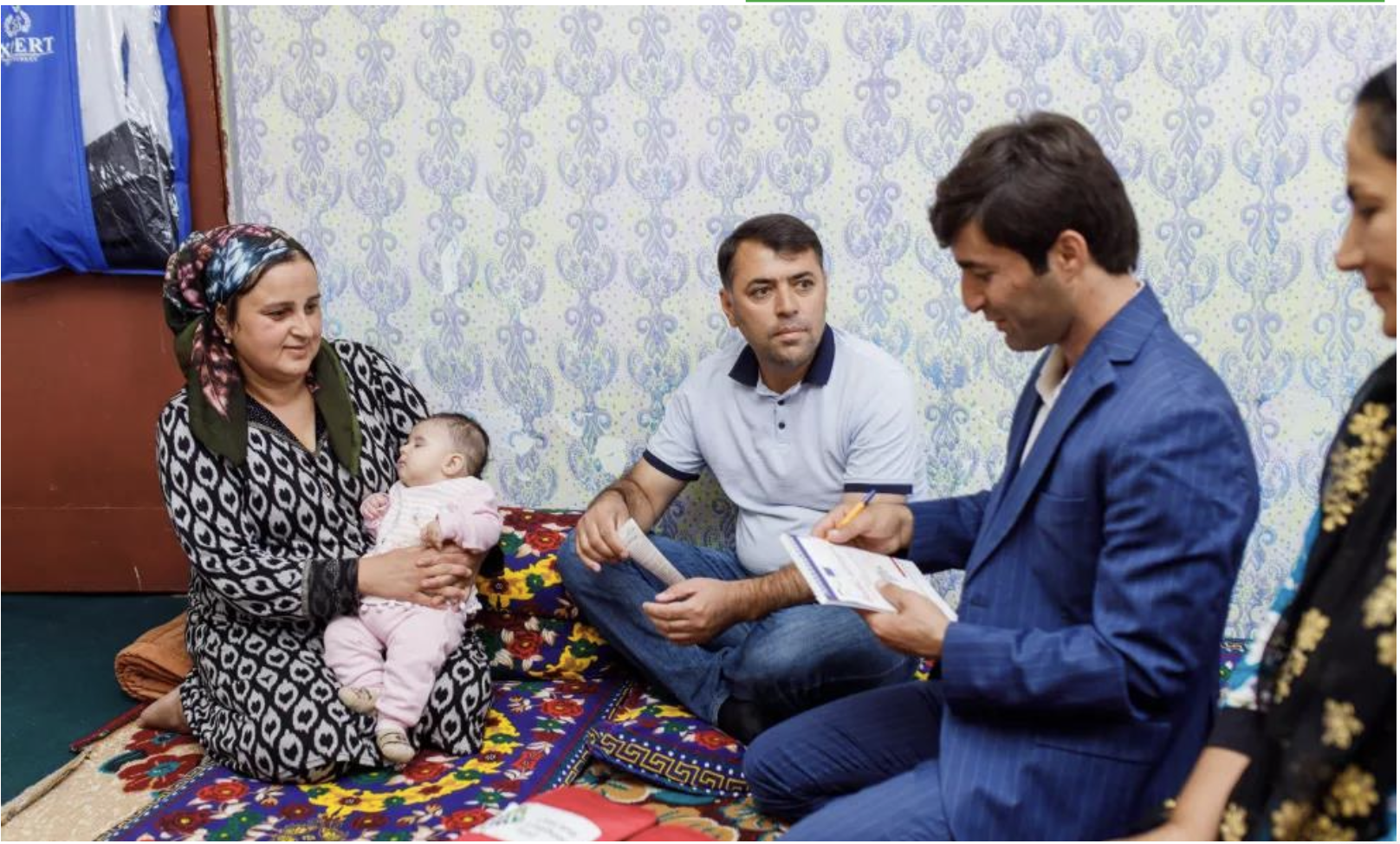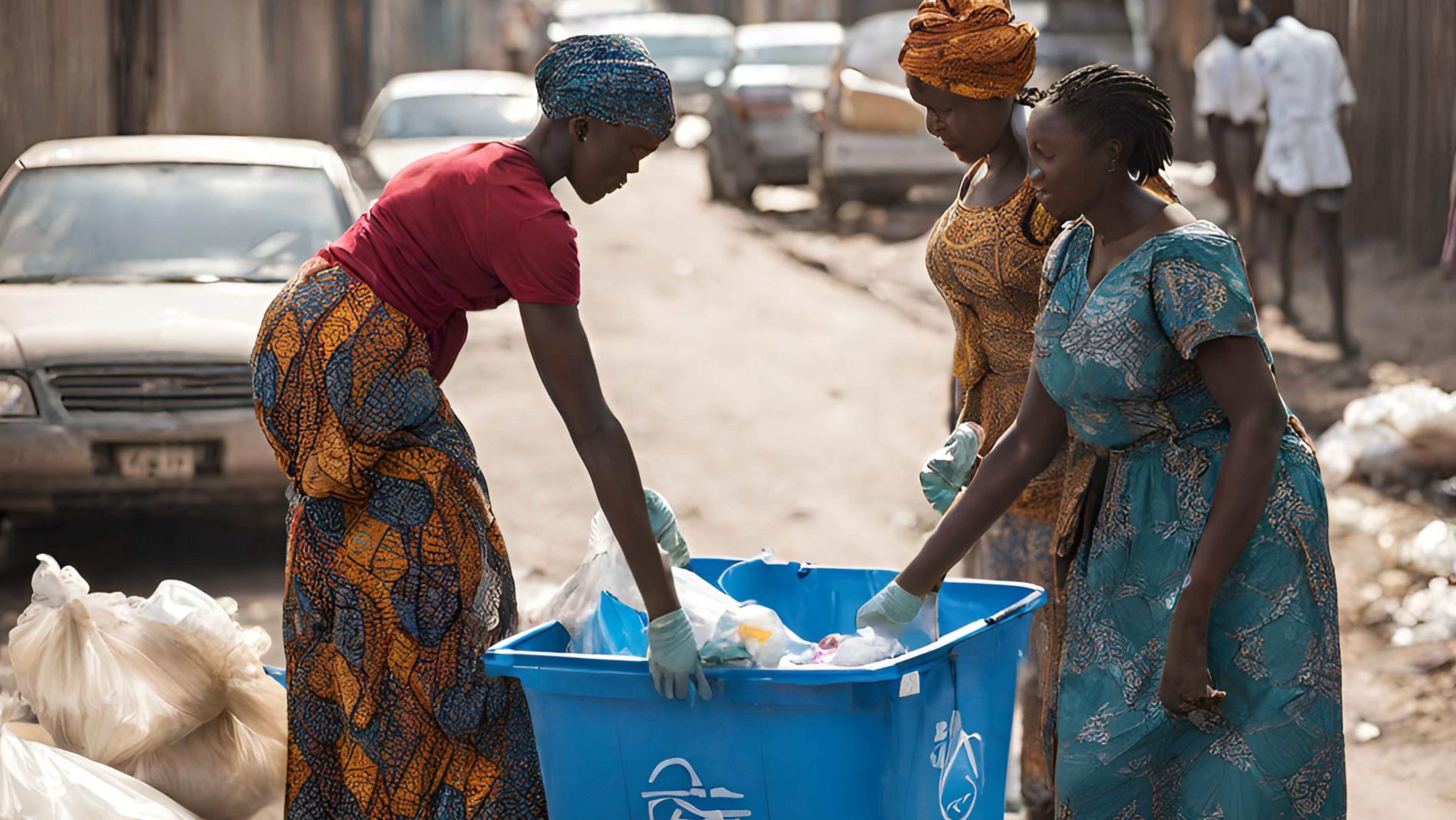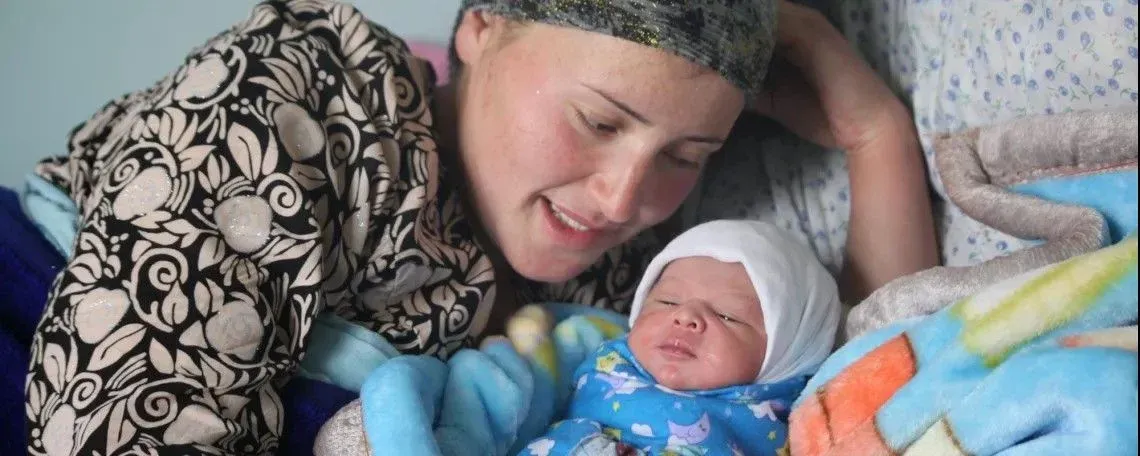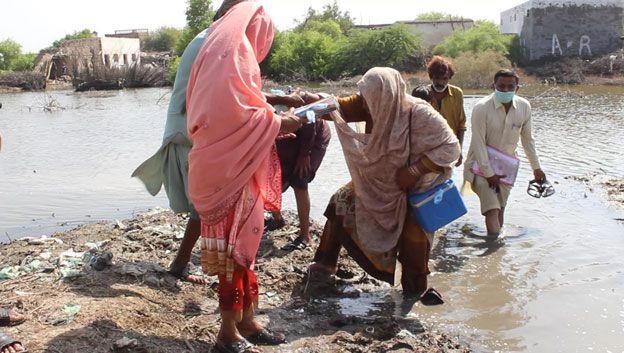Latest updates
EMPOWERED MOTHERS FARING WELL WITH HEALTH FAIRS
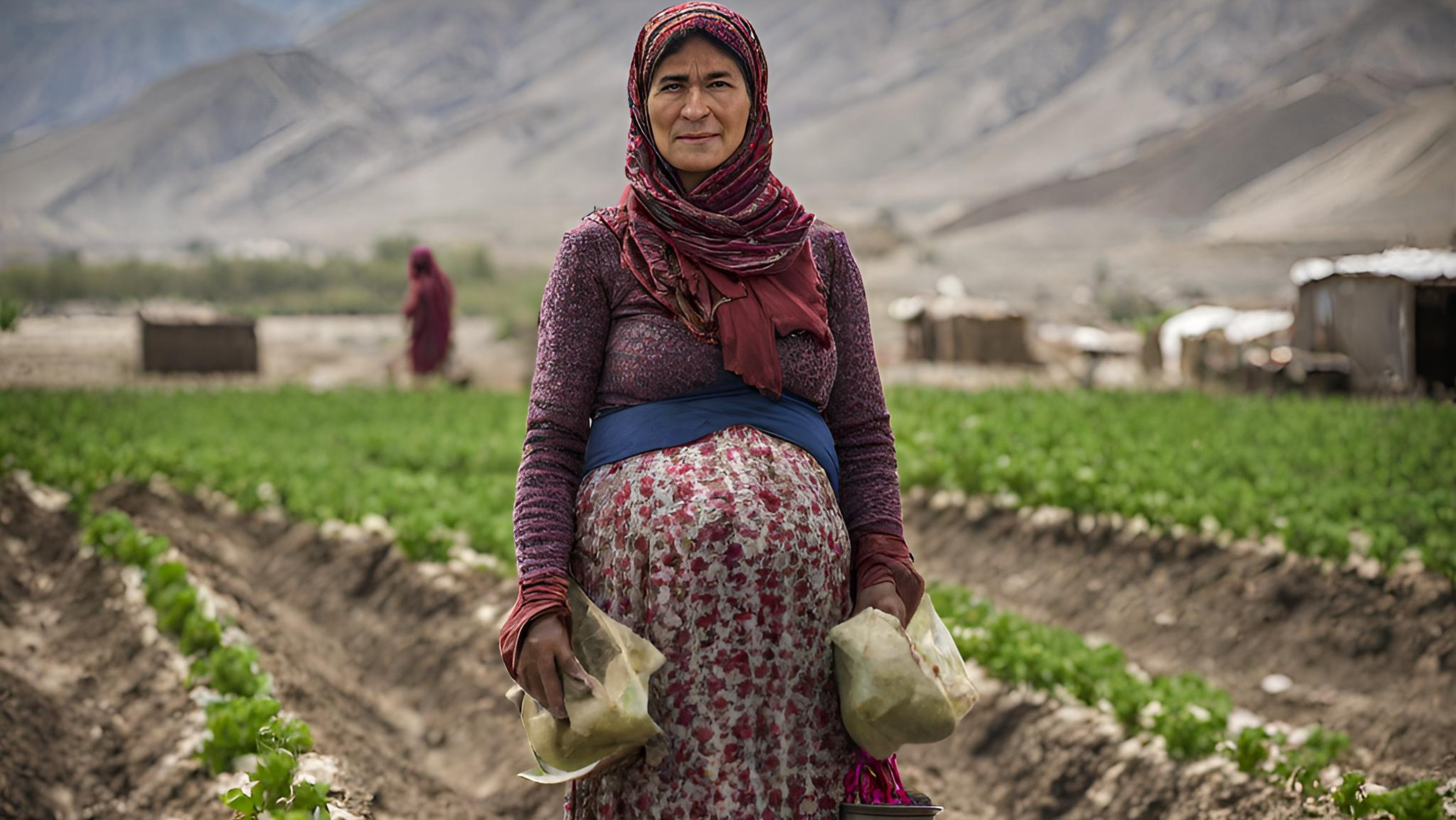
Explore the journey of a mother surviving a life-threatening precancerous condition by learning and seeking help from LLF-supported mobile health fair
Awareness is key to empowerment. It is important in case of a patient; it becomes critical when the patient is a woman, a mother.
HER STORY
She was over 30 when her last child was born in a remote village of Khatlon region, Tajikistan. Like the previous two pregnancies, she was seen doing the lion’s share of backbreaking work on a nearby farm throughout her third pregnancy.
Her back and stomach would hurt. She’d toil in the fields with swollen, cramped feet, but there was no let up. She had to work to feed her family.
Eventually, the once strong and boundless body was left fragile and debilitated at a tender age of 38.
This is the story of Saodat Khanum, mother of three.
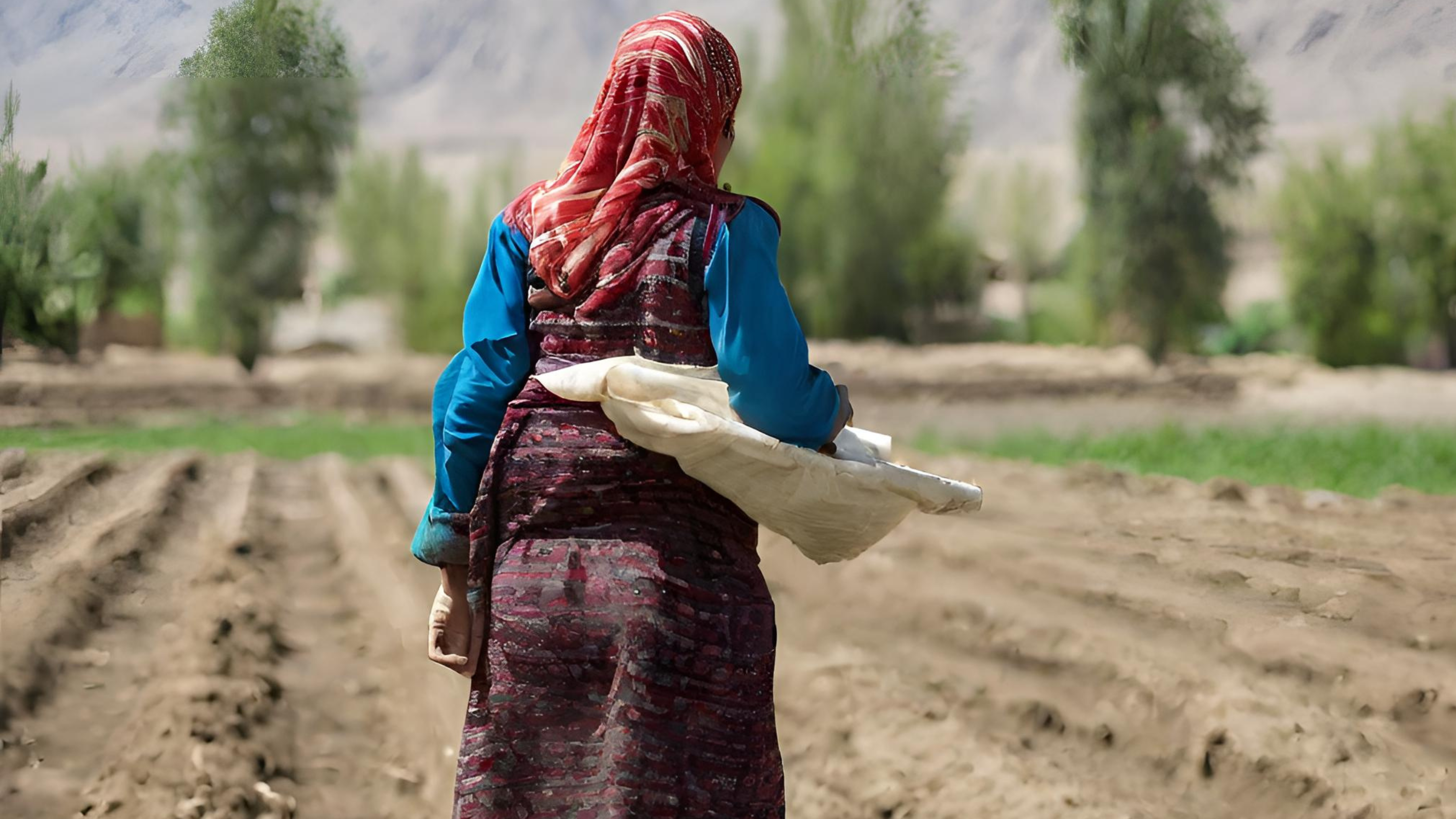
THE LOST BATTLES
Saving young mothers and newborn babies from meeting a tragic fate is an everyday battle for doctors in Tajikistan. Some days the battle is won; other days it is lost.
Maternal mortality rates in Tajikistan, especially in rural and remote areas, are the highest in the Eastern Europe and Central Asia region. Country’s maternal mortality currently stands at 32 deaths per 100,000 live births.
A significant factor contributing to these health outcomes is the poor quality of maternal and emergency obstetric care, heightened by the lack of a functioning referral system and means of transport, especially in rural areas.

MATERNAL EMPOWERMENT TAKES A BACKSEAT
A variety of intertwined causes have made it difficult for Tajikistan to move the needle on regional and global averages for maternal and child health indicators, but what has stood out as one of the most consequential factors is lack of access to maternal health literacy.
Absence of specialized information and guidance disempowers mothers in ways that are detrimental to their physical and emotional health.
Many rural women in Tajikistan have never heard about antenatal and postnatal care. They neither have any concept or understanding of the importance of life-saving immunizations and nutrition.
Lack of information is the first and major setback to maternal empowerment, leading to death-blowing health conditions, including cervical cancer.
SAODAT SPEAKS
My lower body was in constant pain after the birth of my third child. I dismissed the pain as a mere repercussion of strenuous agricultural labor. But as the condition prolonged, I was gripped with fear.
My pain and anxiety persisted until my neighbor suggested that I visit a mobile health fair, offering free check-ups and consultations by trained physicians in our village. I decided to seek medical counsel out of sheer curiosity.
The visual screening and subsequent consultation with the gynecologist opened my eyes to the gravity of my situation. I had developed a precancerous condition. Subsequent consultations with specialists at these fairs referred me for a colposcopy of the cervix and made requisite treatments available, which were otherwise beyond my access both financially and logistically.
It was only after having a brush with death that I realized how important it is for mothers to undergo postnatal check-ups. They can save lives.
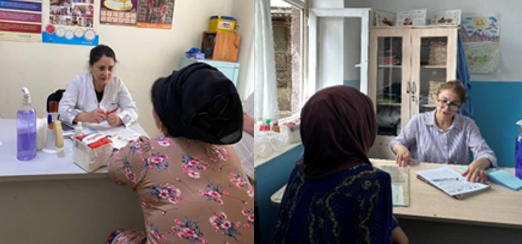
LIVES AND LIVEHOODS FUND STEPS IN WITH PARTNERS
It is established now that Tajikistan’s maternal and child health sector is acutely underfunded, rendering the country’s hospitals and health centers inefficient with outdated infrastructure, limited professional health personnel, and obsolete equipment.
The Lives and Livelihoods Fund stepped in with a USD 23 million Improving Maternal, Neonatal, and Child Health Services Project, implemented in partnership with the Ministry of Health & Social Protection of Population and development partners WHO, UNFPA and UNICEF.
The United Nations Population Fund (UNFPA) is organizing a series of health fairs to bolster public awareness on health-related matters. According to Dr. Murodalieva Bunafsha, a prominent expert affiliated with the National Reproductive Health Center, these health fairs a driving a pragmatic and rights-based strategy that helps health practitioners penetrate far-flung areas and cater to the fundamental health needs of the most marginalized women and girls.
The project recipients, comprising numerous women and young girls, have reaped substantial advantages from these events, including essential healthcare services and products such as modern contraceptives, antenatal and postnatal care, and life-saving interventions like cervical cancer screenings. Additionally, these initiatives served as pivotal platforms for conducting awareness campaigns on diverse subjects, including gender equality, women's empowerment, family planning, reproductive health, and rights, thereby ensuring that women and girls are empowered to make informed decisions concerning their health, contraceptive preferences, as well as matters relating to marriage and education.
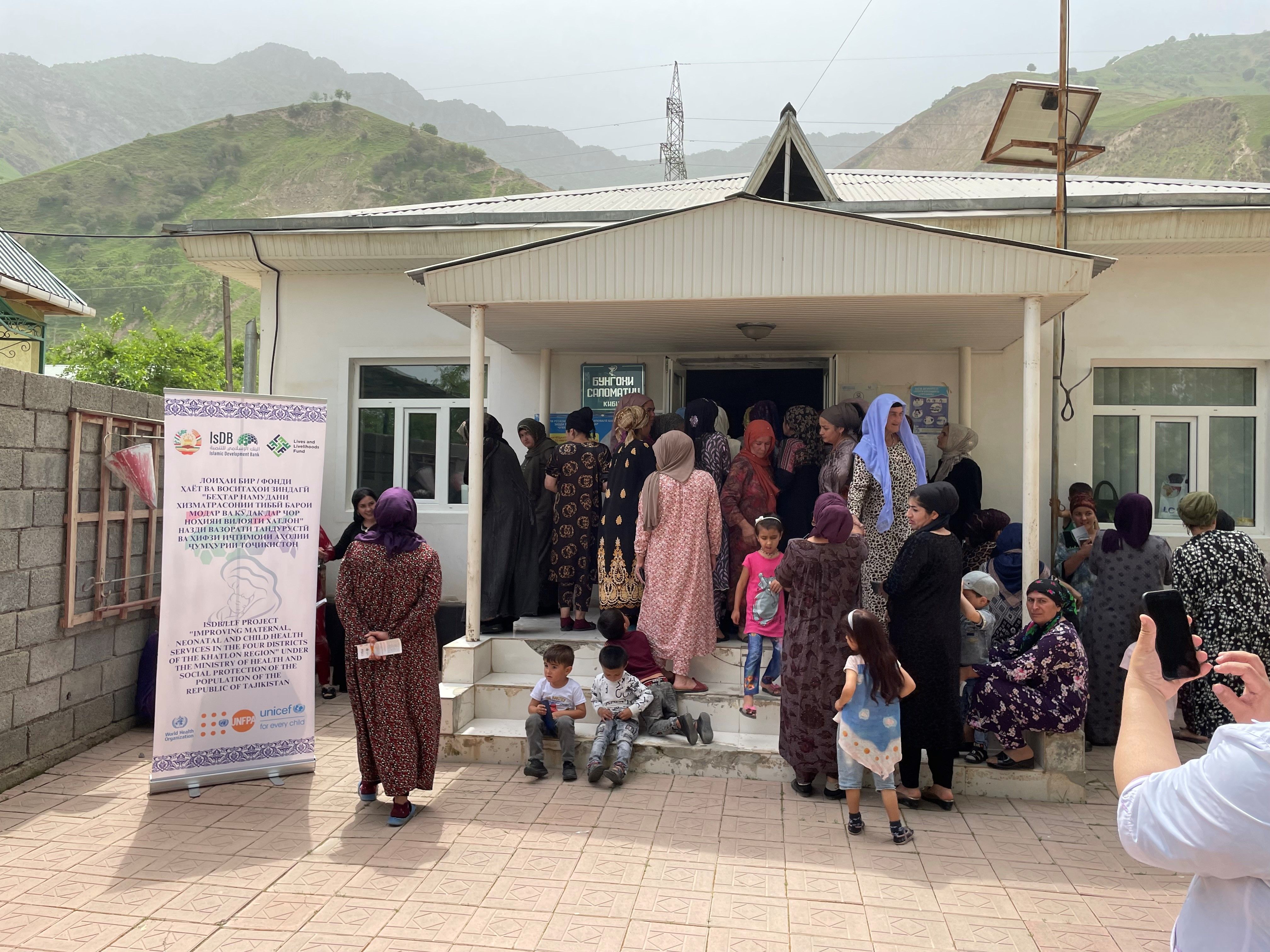
Saodat's story underscores the profound impact of accessible healthcare services, particularly in marginalized communities. Through mobile health fairs, Saodat and women like her are empowered to confront health challenges head-on, transcending barriers of poverty and geographical isolation to safeguard their personal well-being and that of their families.
Related articles
Cookies
By browsing our website you accept our Terms and Conditions
